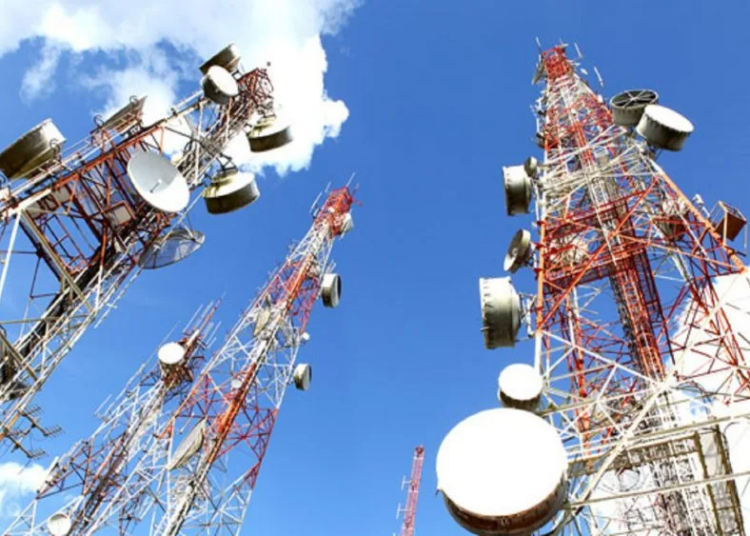The Federal Competition and Consumer Protection Commission (FCCPC) has issued a strong warning to telecommunications operators following the Nigerian Communications Commission’s (NCC) approval of a 50 per cent increase in telecom tariffs. While acknowledging the economic pressures faced by telecom companies, the Commission emphasised that this increase must directly lead to meaningful improvements in service quality, or operators will face regulatory consequences.
The tariff hike, effective as of January 22, 2025, comes in response to the rising operational costs in the Nigerian telecom sector, driven by inflation and the growing demand for infrastructure investments.
However, in the statement by the director, Corporate Affairs , FCCPC, Ondage Ijagwu, the Commission made it clear that any additional revenue generated from the tariff adjustment must be allocated to improving the quality of service provided to consumers. The Commission stressed that operators must not use the tariff increase solely as a tool to address financial challenges without offering measurable benefits to their customers.
“The tariff adjustment must be followed by significant improvements in service quality,” the FCCPC stated. The Commission underlined the importance of seeing a direct link between the tariff increase and the resolution of longstanding service issues, including network congestion, dropped calls, slow internet speeds, and poor customer service.
The approved 50 per cent hike represents a compromise from the more than 100 per cent increase initially proposed by operators. The FCCPC praised the NCC for taking a balanced approach that aims to protect both the financial health of the telecom industry and the interests of consumers. The Commission noted that the more modest increase is designed to mitigate the rising operational costs while maintaining telecom services’ affordability.
“This is a measured decision by the NCC, but the real challenge now lies in ensuring that telecom operators use the increased revenue to improve service delivery,” the FCCPC added. “Any failure to address service quality concerns will not be tolerated.”
The FCCPC also welcomed the NCC’s new directive mandating greater transparency in telecom operators’ pricing structures. As part of the new guidelines, operators are required to provide clear, upfront information on tariffs, including pricing details, validity periods, and specific plan inclusions. This initiative aims to reduce consumer confusion and ensure that customers can make informed decisions without facing unexpected charges or hidden fees.
While transparency is a key element in the regulatory shift, the FCCPC was adamant that it is not a substitute for tangible service improvements. The Commission reiterated that telecom operators must use the additional revenue generated by the tariff hike to enhance network infrastructure and service reliability. These improvements are critical to resolving the persistent issues of network congestion and service interruptions that have long frustrated consumers.
“Consumers are not just paying for access to telecom services—they are investing in quality,” the FCCPC said. “Operators must deliver on that expectation by allocating funds to improve infrastructure, customer service, and network reliability.”
In addition to infrastructure improvements, the FCCPC stressed the importance of clear communication between telecom operators and consumers. Operators must be transparent about how the tariff adjustment will directly benefit their customers. The Commission warned that any failure to clearly communicate the rationale behind the price hike could lead to further scrutiny and possible regulatory actions.
The recently signed Memorandum of Understanding (MoU) between the FCCPC and the NCC strengthens the commitment of both agencies to ensure that the tariff increase aligns with the broader goal of consumer protection, fair competition, and sustainable business practices. The MoU outlines a framework for joint monitoring of telecom operators to ensure that regulatory changes, such as tariff hikes, result in meaningful consumer benefits.
The FCCPC vowed to closely monitor the impact of the tariff increase on service quality and will take swift action against operators who fail to meet the required standards.




